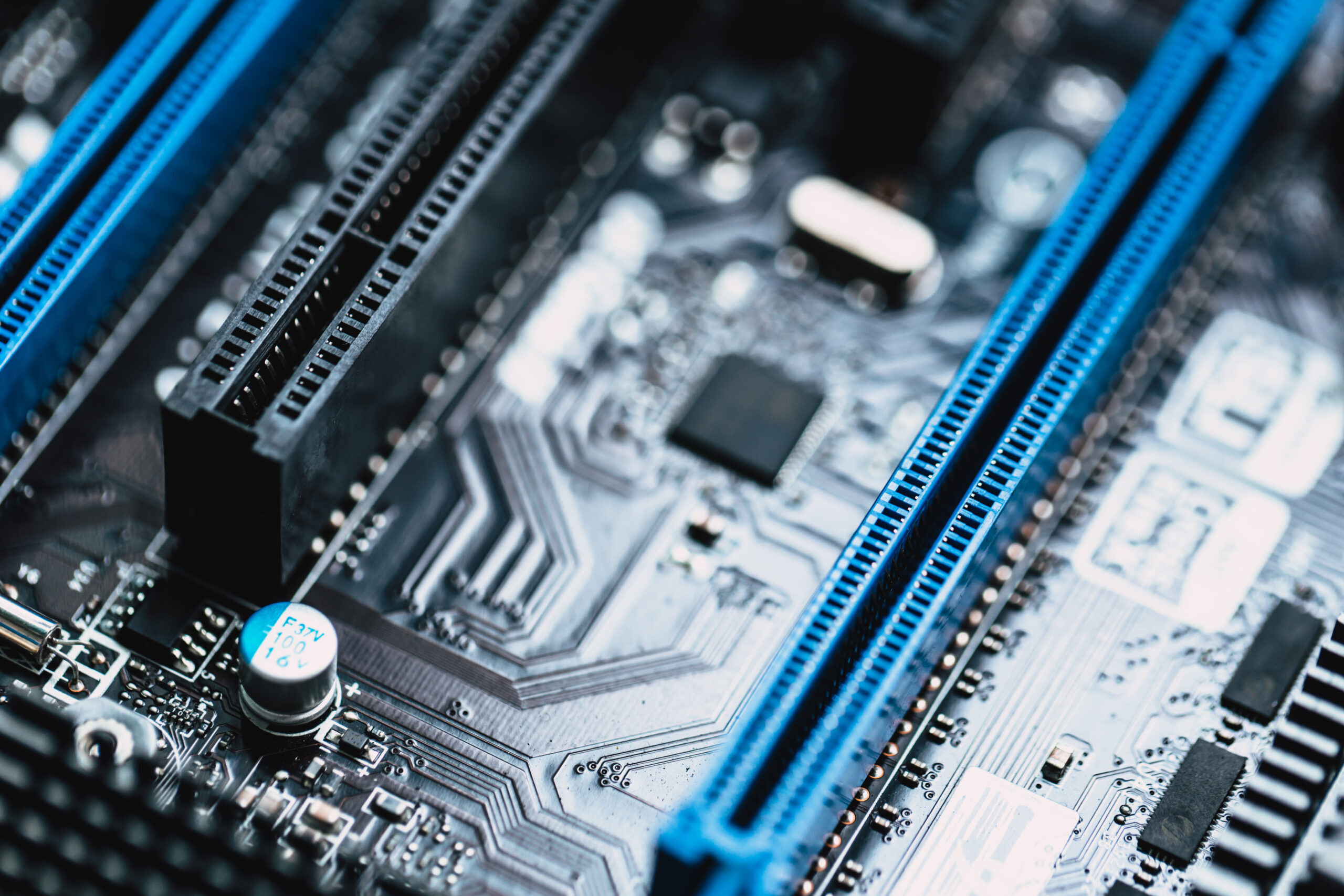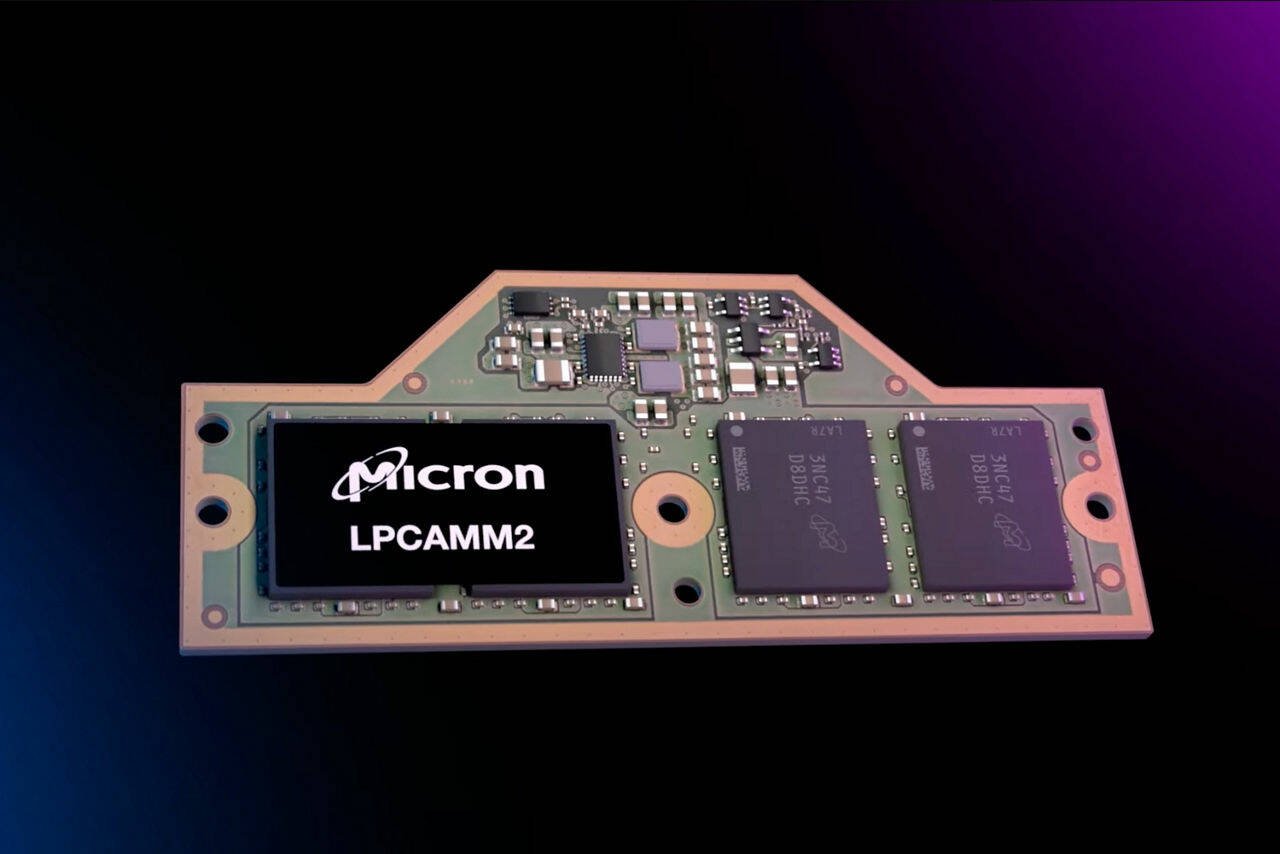- 102 Posts
- 22 Comments

 36·5 months ago
36·5 months agoJust for reference, a few years back, (ex-Microsoft) David Plummer had this historical dive into the (MIPS) origin of the blue color, and how Windows is not blue anymore: https://youtu.be/KgqJJECQQH0?t=780

 201·5 months ago
201·5 months agoLikely due to being a prototype. Production laptops from Tuxedo tend to have the “TUX” penguin in a circle logo on the Super key by default. They also have been offering custom engraved keyboard (even with the entire keyboard engraved from scratch to the customer’s specifications) as added service, so probably there will be suppliers or production facility to change the Super key.
By the way, there was one YouTube channel that ended up ordering a laptop with Windings engraving from them: https://youtu.be/nidnvlt6lzw?t=186

 61·8 months ago
61·8 months agoGIMP is a special case. GIMP is being getting outdeveloped by Krita these days. E.g.:
https://gitlab.gnome.org/GNOME/gimp/-/issues/9284
Or compare with:
https://www.phoronix.com/news/Krita-2024-GPUs-AI
GIMP had its share of self inflicted wounds starting with a toxic mailing list that drove away people from professional VFX and surrounding FilmGimp/CinePaint. When the GIMP people subsequently took over the GEGL development from Rhythm & Hues, it took literally 15 years until it barely worked.
Now we are past the era of simple GPU processing into diffusion models/“generative AI” and GIMP is barely keeping up with simple GPU processing (like resizing, see above).
Have people actually checked the versions there before making the suggestion?
F-Droid: Version 3.5.4 (13050408) suggested Added on Feb 23, 2023
Google Play: Updated on Aug 27, 2023https://f-droid.org/en/packages/org.videolan.vlc/
https://play.google.com/store/apps/details?id=org.videolan.vlcThe problem seems to be squarely with VLC themselves.
In the beginning, only privileged ones will be allowed to run in pass-through mode. But goal/roadmap calls for all FUSE filesystems eventually to have this near-native performance.
Well, if you have a constructive suggestion which site to link instead regarding kernel developments, I am all ears:
- Not sure that raw commits are readable or have sufficient context for non kernel development readers here
- LWN, particularly timely/kernel development news there, has gone mostly paywall, and there will be (legitimate) complaint if I link articles needing a LWN subscription
Not sure what called for this blatant personal attack. My post history speaks for itself, quite in comparison to yours. And Phoronix is well-known Linux website, and its test suite is in fact even referenced in various regression tests/patches in LKML (also not sure what/if any kind of kernel development you have done).
Retention, or the lack thereof, when cold-stored.
In term of SD or standard NAND, not even Nintendo does that. Nintendo builds Macronix XtraROM in their Game Card, which is some proprietary Flash memory with claimed 20 year cold storage retention. And they introduced the 64 GB version only after a lengthy delay, in 2020. So it seems that the (lack of) cold storage performance of standard NAND Flash is viewed by some in the industry as not ready for prime time. Macronix discussed it many years back in a DigiTimes article: https://www.digitimes.com/news/a20120713PR201.html.
And Sony and Microsoft are both still building Blu-ray-based consoles.

 11·10 months ago
11·10 months agoYes. If you mean “CLI” as for e.g. pacman install, it is a GUI (Electron) application, so I expect will install straight from e.g. KDE Discover and then run without you touching the shell.

 21·10 months ago
21·10 months agoInstalling podman-compose with the immutable filesystem is fairly straight forward, since it is just a single Python file (https://github.com/containers/podman-compose/blob/devel/podman_compose.py), which you can basically install anywhere in your path. You can also first bootstrap pip (
python3 get-pip.py --userwithget-pip.pyfrom https://github.com/pypa/get-pip) and then dopip3 install --user podman-compose.

 191·10 months ago
191·10 months agoThere might be several misunderstandings:
- Docker Desktop ≠ Docker Engine, and I think what you (and several in this thread) are thinking is actually Docker Engine. Docker Desktop ultimately includes a Docker Engine inside, but it does not appear you need that virtual machine (e.g. running non-Linux code). See: https://docs.docker.com/desktop/faqs/linuxfaqs/#what-is-the-difference-between-docker-desktop-for-linux-and-docker-engine
- Docker Desktop is based on KVM, which already works with Flatpak. So this is not something new. For example, GNOME Boxes is available as Flatpak and provides a way to run KVM guests in SteamOS.
- Starting with version 3.5 (the current stable) SteamOS already includes Podman with the default installation. And running the daemon-y Docker Engine “bare metal” is not going to be any easier with the immutable filesystem. While Docker Desktop solves this by using KVM, it adds another layer with performance loss, vs. just running Podman containers.
So what you want is already available, and no Docker Desktop is actually needed.
AMD’s support for AI is just fine
This is quite untrue, especially if you do actual research and not just run other people’s models. For example, ROCm is missing in many sparse autograd frameworks, e.g. pytorch_sparse, or having a viable alternative to Nvidias MinkowskiEngine. This is needed if you do any state-of-the-art convnets with attention-like sparsity.

 41·1 year ago
41·1 year agoYes. But one should also note that only a limited range of Intel GPU support SR-IOV.
You know, there are several built-in functions in phones, that are already viable methods to communicate remotely?
Germany traditionally is quite shocking in their practice of segregating children with disabilities into special Förderschulen. Whereas the U.S. has the Individual’s with Disabilities Education Act since the 1970s, Germany was basically forced into integration recently after the country signed the U.N. Convention on the Rights of Persons with Disabilities in 2009. And even then, they are taking their sweet time to integrate. See e.g. https://www.aktion-mensch.de/inklusion/bildung/hintergrund/zahlen-daten-und-fakten/inklusionsquoten-in-deutschland as how currently, slightly less than half of German students with disabilities go to a regular school (the Inklusionsanteil).
See: https://en.wikipedia.org/wiki/English-language_spelling_reform
English has been the total outlier among (originally) European language with no body of authority over its spelling. Even the “reform” by Noah Webster never really caught on outside North America, nearly 100 years later. And even more curious, the somewhat authoritative Oxford English Dictionary disagrees in their spelling with everybody (https://en.wikipedia.org/wiki/Oxford_spelling).
Nearly every single word in English that starts with a g followed by a soft ih/eh vowel is pronounced as a soft g, just a few:
That is patently not true and blatant cherry picking, e.g. already contradicted by the lexically matching word “gift” (and there are “giggle”, “gild”, “girl”, “git”, “give”, “gizmo”, etc.). See Wikipedia, which referenced linguists studying this:
An analysis of 269 words by linguist Michael Dow found near-tied results on whether a hard or soft g was more appropriate based on other English words; the results varied somewhat depending on what parameters were used.[11] Of the 105 words that contained gi somewhere in the word, 68 used the soft g while only 37 employed its counterpart. However, the hard g words were found to be significantly more common in everyday English; […]
https://en.wikipedia.org/wiki/Pronunciation_of_GIF#Cause
Michael Dow is an associate professor in linguistics with specialization in phonology, by the way.
and if you’re confused why others pronounce it with a soft G, they would seem to be simply more familiar with the English language 🤷♂️
Well, clearly you are already not as “familiar with the English language” as you might think.






















Three side remarks about China, which can be a peculiar example to compare to for Russia, maybe even any other country: